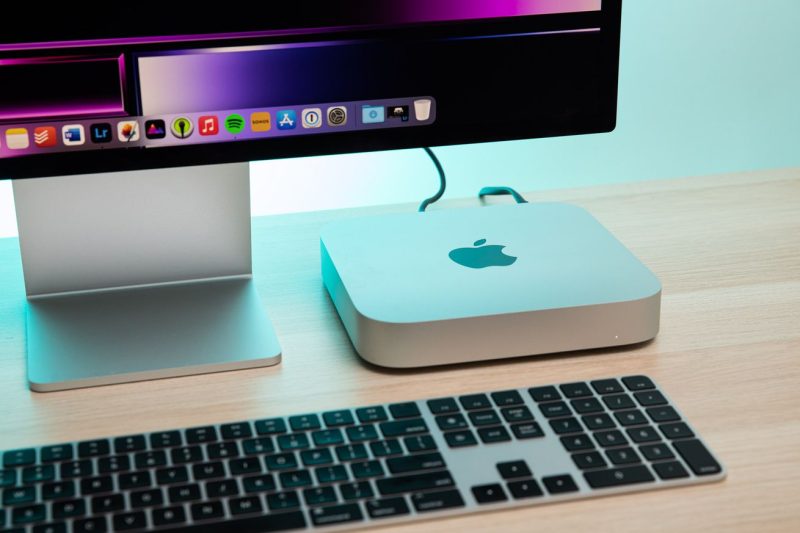
Apple’s Exciting New Mac Mini Redesign Could Bid Farewell to the USB-A Port!
The recent rumors surrounding Apple’s potential redesign of their Mac Mini have stirred up excitement among tech enthusiasts and loyal Apple fans alike. One of the most notable changes rumored to be included in the new Mac Mini design is the removal of the USB-A port. This decision has sparked a new wave of discussion and debate within the tech community regarding the implications and potential benefits of such a change.
The USB-A port has been a staple feature on Mac Mini devices for years, providing users with a convenient and familiar way to connect a wide range of peripherals and accessories to their computers. Its removal would represent a significant shift in Apple’s design philosophy and could potentially have a profound impact on how users interact with their devices.
One of the key arguments in favor of removing the USB-A port is the push towards adopting newer and more advanced connectivity standards. The USB-C port has been steadily gaining traction in the tech industry due to its ability to deliver faster data transfer speeds, higher power output, and greater versatility compared to the traditional USB-A port. By phasing out the USB-A port in favor of USB-C, Apple could be signaling its commitment to staying at the forefront of technological innovation and ensuring that its devices remain compatible with the latest accessories and peripherals.
However, the potential removal of the USB-A port is not without its challenges and drawbacks. Many users still rely on devices and peripherals that utilize the USB-A standard, and the sudden discontinuation of this port could lead to compatibility issues and inconvenience for those users. Adapters and dongles can offer a temporary solution to this problem, but they can be cumbersome and detract from the overall user experience.
Furthermore, the removal of the USB-A port could signal a broader trend towards minimizing the number of physical ports available on Apple devices. As seen in other recent Apple products like the MacBook Pro, the company has been streamlining its designs by reducing the number of ports in favor of a more minimalist aesthetic. While this approach can result in sleeker and more compact devices, it also limits the flexibility and expandability of the product, potentially alienating users who value connectivity options and versatility.
In conclusion, the rumored removal of the USB-A port in the redesigned Mac Mini represents a significant shift in Apple’s design strategy and could have far-reaching implications for users and the tech industry as a whole. While embracing newer connectivity standards like USB-C can offer benefits in terms of speed and versatility, it is essential for Apple to balance innovation with user convenience and compatibility to ensure a positive user experience. Only time will tell how Apple decides to navigate this potential redesign and how users will respond to these changes in the future.
